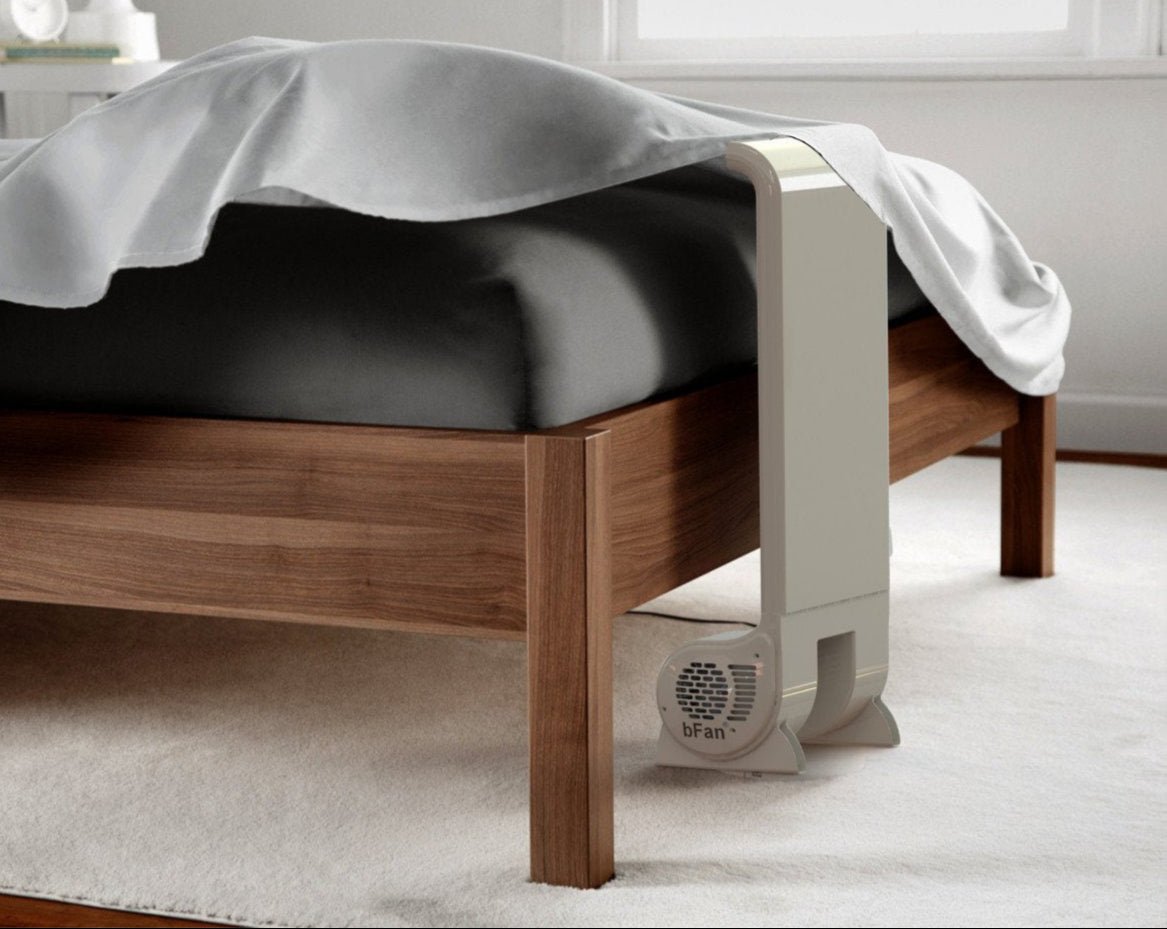Night Sweats On Keto
The ketogenic diet, more commonly referred to as “keto” is a low-carb, high-fat diet. This diet is taken up in order to lose weight and improve health. It is also believed to help avoid diabetes, cancer, and Alzheimer's disease. The high-fat concentrate in keto foods replaces average carb intake, which puts your body into a state called ketosis. When your body is in ketosis, it becomes adept at turning fat into energy. The low amounts of carbs consumed while doing this diet also lead to lower levels of blood sugar and insulin, which can be helpful to some people.
While this diet has a fair amount of health benefits, it can also cause some unforeseen health issues. During the first two to seven days after starting a keto diet, a myriad of flu-like symptoms can arise. This is known as the “keto flu.” While there isn’t much medical research on the keto flu phenomenon, from what evidence of it has been gathered, the symptoms generally consist of the following:
-Foggy brain
-Headaches
-Fatigue
-Nausea
-Difficulty sleeping
-Constipation
There’s no clear reason as to why the keto flu occurs after starting the diet. It could be related to the sudden cut back on carbs, a change in the gut microbiome, or related to detoxing. However, these symptoms usually secede within a week.
Night sweats are also occasionally reported with starting the keto diet. While there is not much research on this either, there are quite a few different things that could cause night sweats while on the keto diet!
The keto diet includes a very serious drop in the number of carbs that the body normally takes in. As carbs are turned into simple sugars when digested, it’s no surprise that eating a high amount of carbs can cause a rise in blood sugar. It should make sense then that when all of those carbs are cut, blood sugar levels in the body drop drastically. If the body’s blood sugar levels drop extremely low, heavy sweating and night sweats can result.
Also caused by the sudden drop in carbs is, surprisingly, dehydration! The low amount of carbs causes the body to have lower amounts of glycogen and insulin, and higher ketone levels. When the low-carb diet first begins, the body relies heavily on muscle glycogen for energy. However, for each bit of glycogen that the body uses, twice the amount of water is lost. This means that dehydration can occur easily once the body starts using up high amounts of glycogen. Being dehydrated can cause body temperatures to rise at night, causing night sweats. This can be pretty easily avoided though, by making sure to drink adequate amounts of water while on keto.
Night sweats can also occur as a symptom of withdrawal from sugars! Most people have heard at some point that sugar is addictive, and this is entirely true. Both sugars and refined carbs have addictive qualities and a research review by Harvard showed that sugar withdrawal shares symptoms of opioid withdrawal. One of the symptoms being heavy sweating and night sweats.Share

